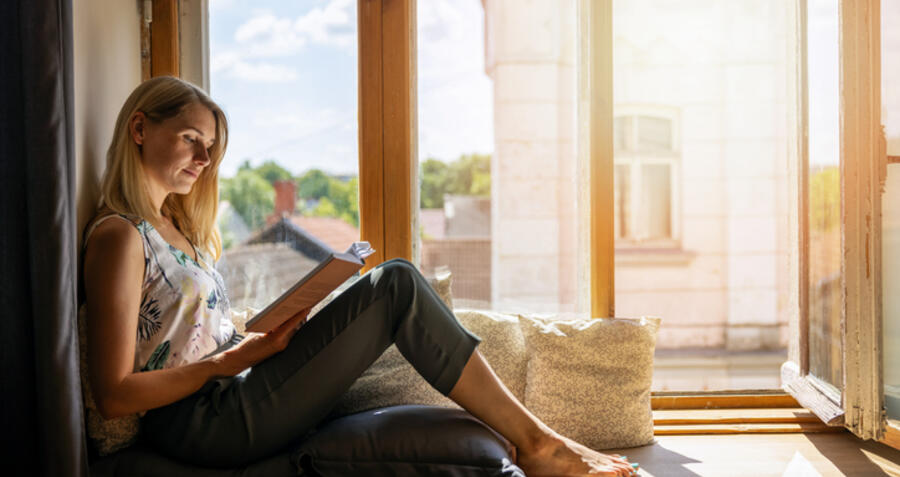As the weather gets warmer it’s tempting to crank up your home’s air-conditioning system, but by making a few changes to your everyday routine it’s easy to keep energy use to a minimum. Remember, high temperatures don’t have to equal high electricity bills. Here’s how.
1. Know when to open and close your windows
There’s no avoiding it. Many parts of Australia experience extremely hot summers and cooler winters, which means it can be tricky to keep your house at a comfortable temperature. But there are simple energy-saving things you can do without impacting your lifestyle. For example, by keeping your house closed during the day you avoid letting in unwanted heat and humidity, then by opening your windows in the evening you allow cooler air to keep your rooms ventilated. It can also be a good idea to position stand-alone fans near to your windows in order to blow this cooler air into your home overnight.
2. Cut down use of your air-conditioning system
It’s not rocket science; we all know that one of the most basic ways to save on our energy bills is to use less electricity. And you can do that immediately by switching off your air-conditioning system and relying on fans instead . Using a fan means you can target a specific room or area rather than trying to cool your entire home, which goes some why to explaining why air conditioning can cost up to 60 times more than using a fan.
However, if you do want to use an air conditioner, understanding how to use it efficiently and knowing how to perform routine maintenance checks will not only extend its life, but save you money on your energy bills. Be sure to regularly clean or replace your filter and if your air-conditioning unit is outdoors, remove any leaves, weeds or debris from the surrounding area on a regular basis.
3. Keep your house shaded from the sun
Sunlight streaming in through an unshaded window increases the temperature of a room by as much as 3°C , but there are a few ways to keep your house shaded from fierce summer heat. For example, you could make a few interior décor changes to reduce your energy usage by installing window shades, blinds or drapes to reflect heat away from the house and reduce seasonal heat exchange by almost half . Look for window coverings that have white or near-white surfaces on their window-facing side as this will reflect the sun’s rays back out. In addition, adjustable exterior awnings can minimise heat gain in summer, allowing you to control how much daylight is let in.
Summer can mean a spike in your household energy use, but it doesn’t have to be that way. If you think you might need to change your energy plan, try EnergyAustralia’s online energy calculator get a quote and find the right option for you.




